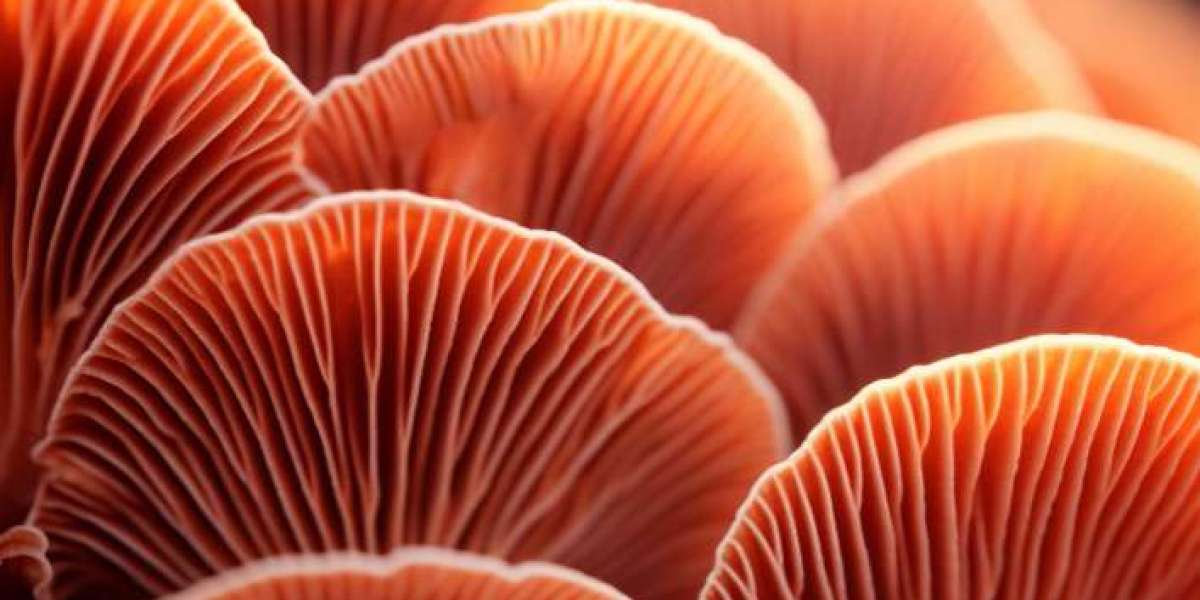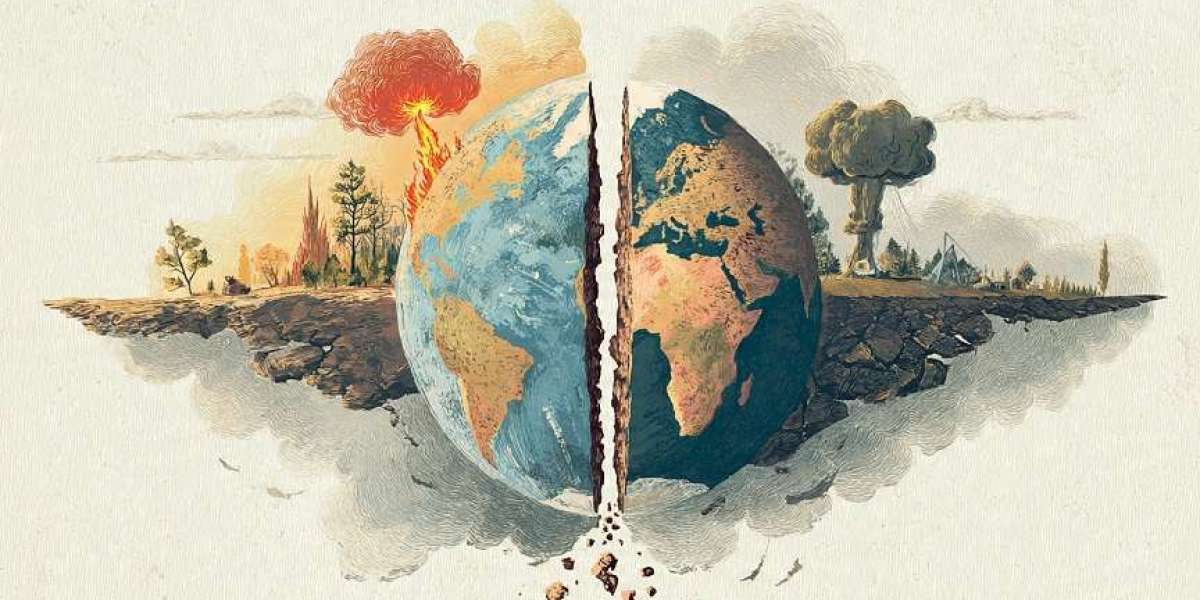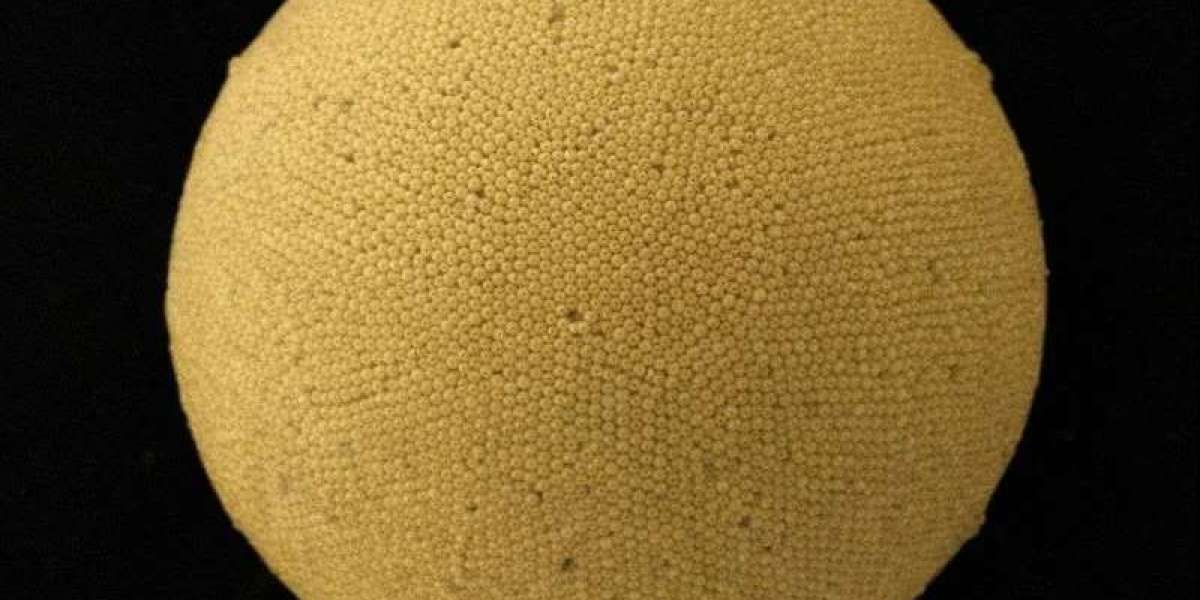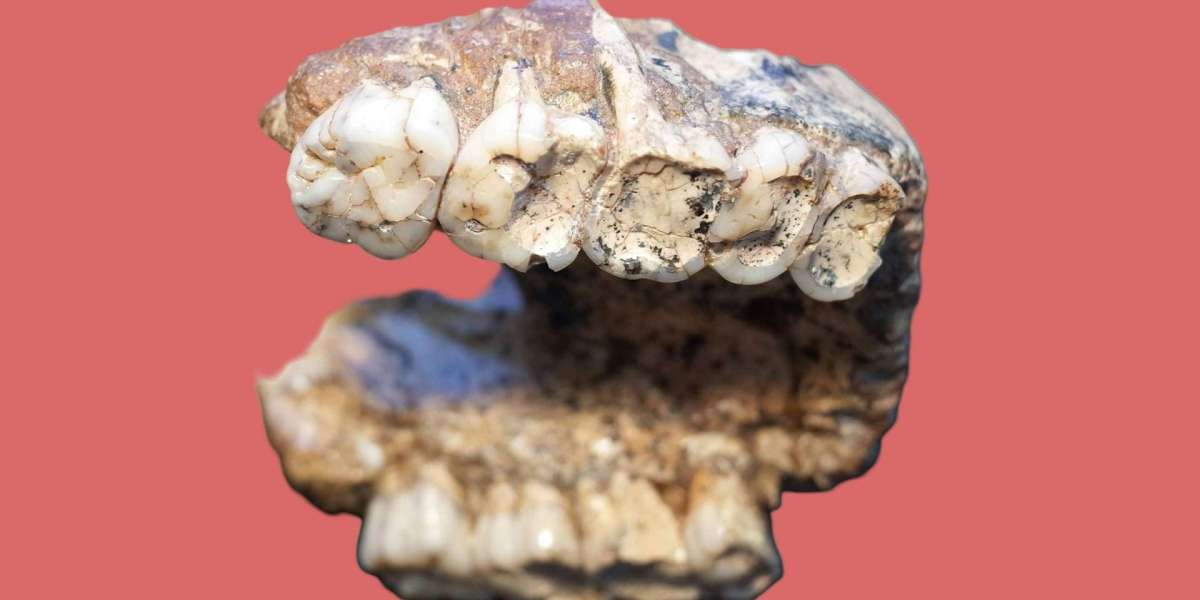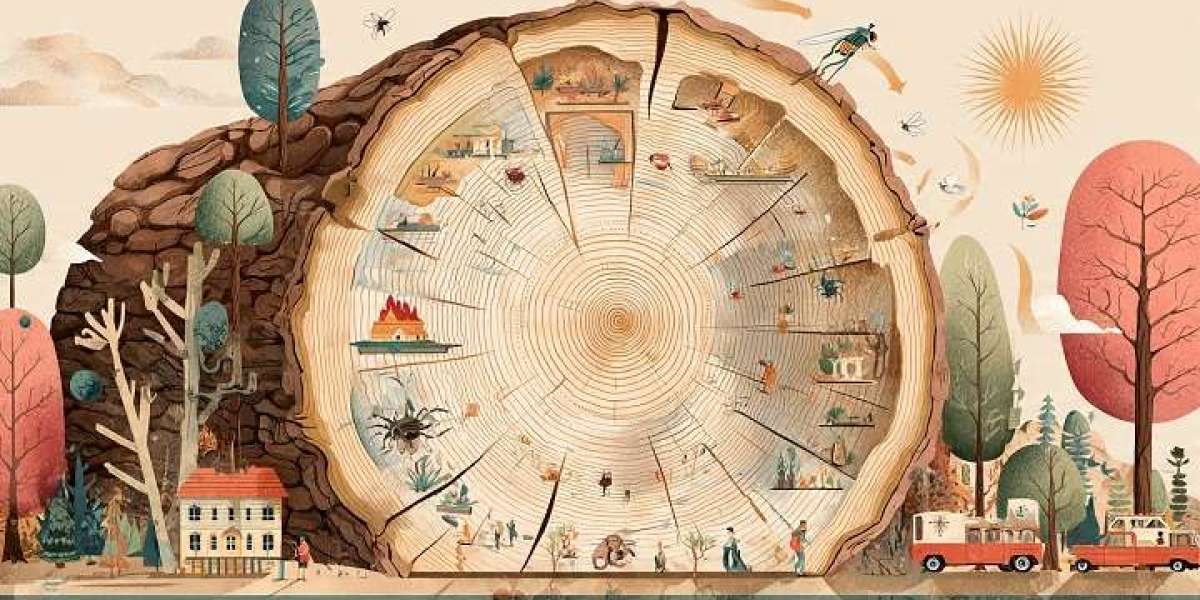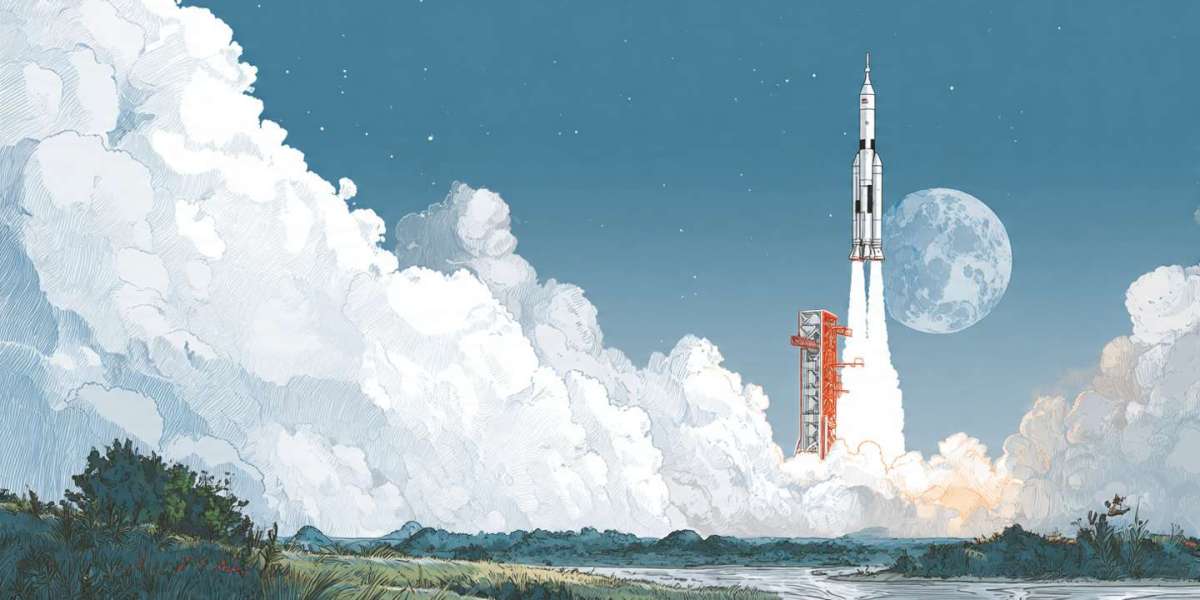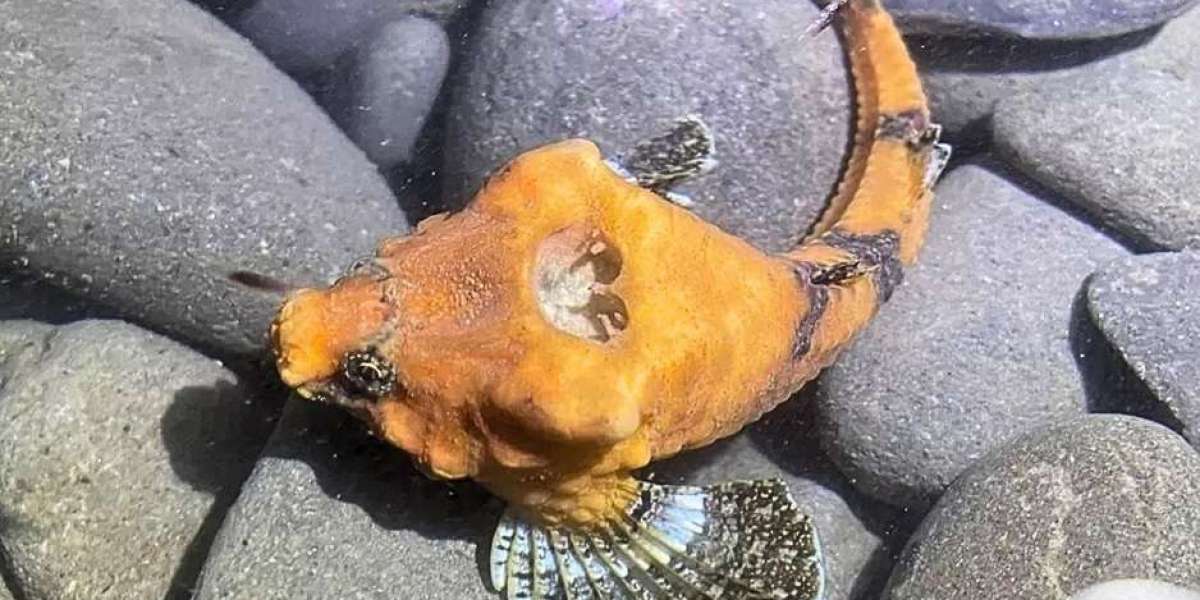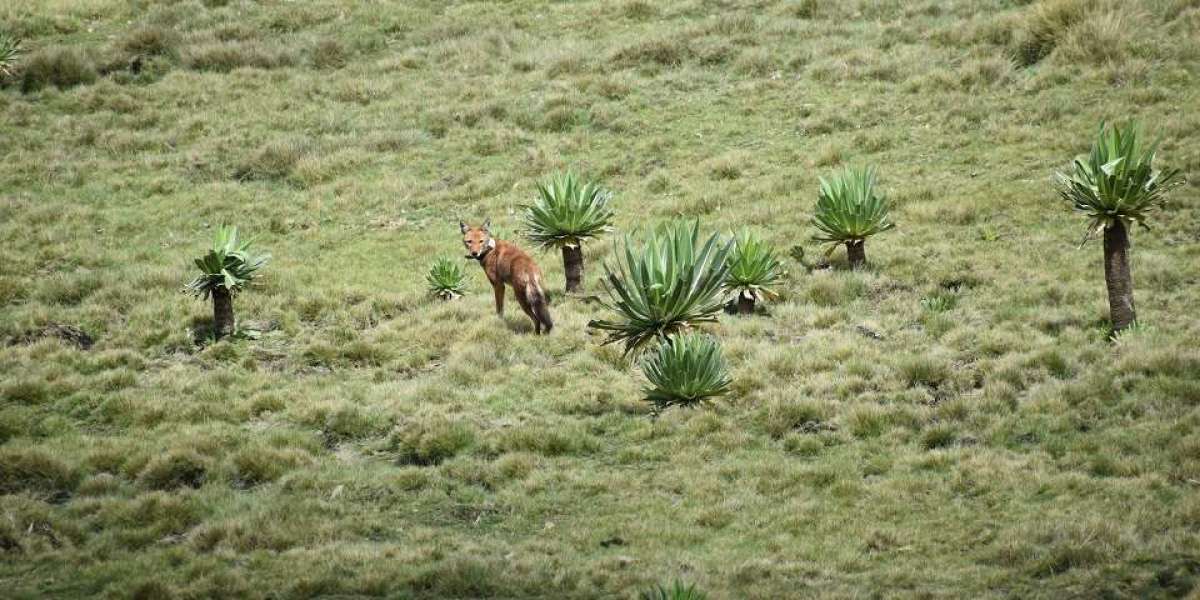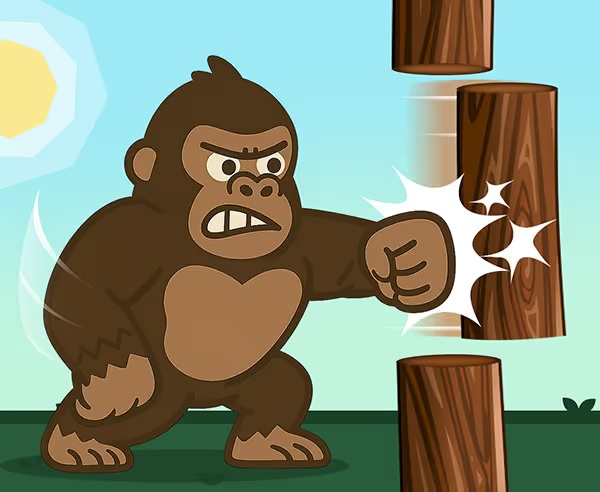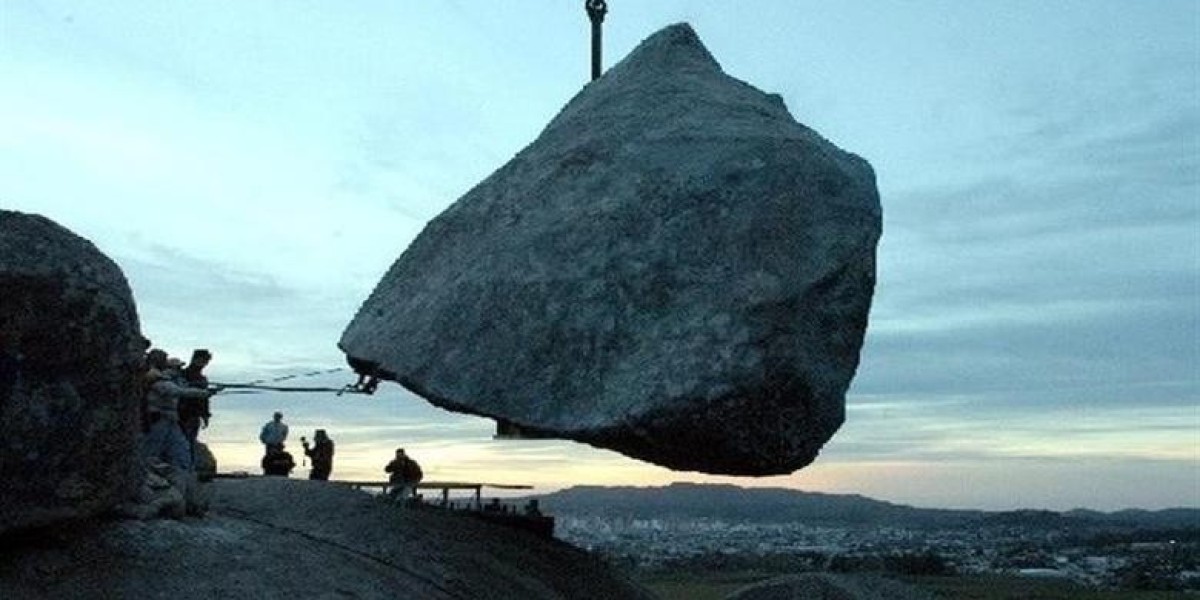article image source: freepik.com (link)
We humans live in a world where fungi are present almost everywhere, whether in the soil we grow, in the air we breathe, or in the food we eat. Some are our friends, used to make bread, cheese, and antibiotics like penicillin. Others are hidden enemies that cause very annoying skin or respiratory infections.
advertisement
But behind this everyday relationship, fungi carry a much deeper history than we imagine. Before plants appeared and covered the land with greenery, fungi were the first to arrive, engineering the first soil and paving the way for all subsequent forms of wildlife, according to a new study published in the journal Nature Ecology and Evolution.
2.4 Billion Year Old Fungi ?
What are fungi anyway?
Fungi are living organisms distinct from plants, animals, and bacteria. They have their own kingdom called the Fungi Kingdom. They are not plants because they do not perform photosynthesis, and they are not animals because they do not digest food internally. Instead, they secrete enzymes to break down substances externally and then absorb them.
To date, scientists have officially identified about 150,000 species of fungi, but estimates suggest the true number could be as high as 2.5 to 5 million! That is, most of the fungi on Earth remain undiscovered.
Fungi are found almost everywhere: in the soil, where they break down organic matter and recycle nutrients; in the air, where their tiny spores spread easily, which we can inhale; in fresh and salt water; and even on our skin and bodies. In fact, some live naturally with us; the surface of human skin, the digestive system, and even the mouth harbor fungi.

image source: scientificamerican.com - copyright: Juan Gaertner Science Source
How did scientists reach this age?
To arrive at these results, the research team, led by scientists from the Okinawa Institute of Science and Technology in Japan, relied on advanced genetic analysis and "horizontal gene transfer," a process that occurs through the direct exchange of genetic material between different organisms, along with careful comparisons with the fossil record.
These analyses have overcome a long-standing obstacle facing scientists in studying the history of fungi. These organisms rarely fossilize, being soft and fragile compared to bones or wood. Therefore, the time gap in their history has remained mysterious. However, with the advancement of genomics, it has become possible to "read" their genetic traces and infer their ancient origins.
The results place the ancestors of fungi between 1.4 and 0.9 billion years ago. This means that fungi existed long before the emergence of land plants, which did not arrive on land until about 450 million years ago.
The billion-year reign of fungi that predated plants and made Earth livable
What role did fungi play in paving the way for the New World?
According to the study, these ancient fungi were not merely parasitic or secondary organisms; they were environmental engineers in every sense of the word. They helped decompose rocks, produce the first types of soil, and recycle nutrients. Without these processes, plants would not have had a foundation upon which to base themselves when they spread on land.
It can be likened to a massive construction project. Fungi were the groundworkers who leveled and prepared the ground, allowing plants to later build the green "skyscrapers" of forests.
These new findings place fungi at the center of the complex history of life on Earth, revealing that it wasn't just a story of the "plant kingdom" and the "animal kingdom." Fungi have an even older and deeper chapter in the book of life.
Thank you !
